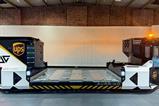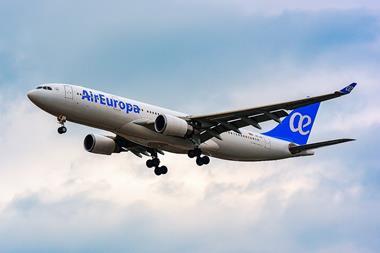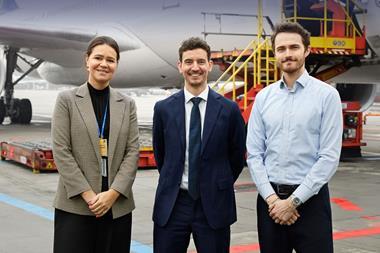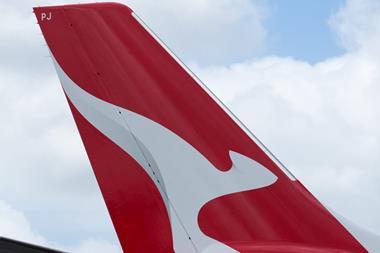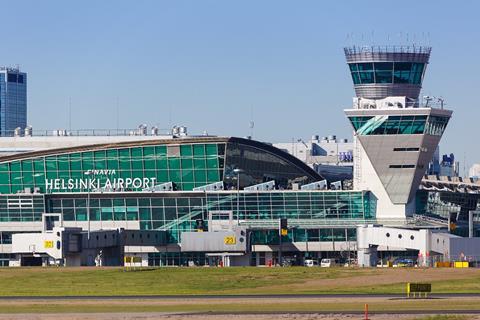
Cargo handlers at Helsinki Vantaa Airport have rolled out a new software update to help them comply with new European Union (EU) security requirements.
Software firm Qstep said that it had enhanced its handling software - utilised by two of the airport's cargo handlers, ASR Cargo Center and Swissport Finland - to help companies comply with the Import Control System 2 (ICS2) regulation.
ICS2 requires companies to send Presentation Notifications (PN) to Finnish Customs authorities on goods' arrival into the cargo handler's facility.
"This may sound like a small technical detail but in reality this is a complex process. In order to lodge PN to National customs you need to know how data has been declared in the Entry Summary Declaration (ENS) by the airline,” said Haiti Arendi, the chief executive of Qstep.
"Since Qstep air cargo handling software platform provides everything in one window, it was our task to make sure that our cargo handling clients at Helsinki are also compliant with ICS2 regulation and that processes were integrated as usually to normal workflow."
Samuli Naskali, managing director of ASR Cargo Center, added: "Getting information from carriers for ICS2 procedures was challenging and even with very short notice Qstep was able to cope with the challenges with minimal damage to our customers.
"Even when airlines were using different software, Qstep was able to adapt and configure different parameters for New Computerised Transit System (NCTS), PN messages in less than a day."
Arendi said that another deadline is already looming around the corner when submitting ENS on a parcel shipment level will become mandatory from October 2.
"No doubt that the biggest challenge will come from e-commerce as all such B2C shipments must be declared on a parcel level, with hundreds or thousands of parcels shipped under one air waybill,” said Arendi.
"We plan to offer parcel-level data handling capability to all members of the air cargo supply chain, including freight forwarders and airlines, so they can all comply with ICS2 in a timely and efficient manner."
ICS2 requires an initial or advance risk assessment known as Preloading Advance Cargo Information submitted by overseas freight forwarders as well as new data elements in the Entry Summary Declaration (ENS) submitted by the airline to the customs authority and PN submitted by cargo handlers upon goods arrival at EU airports.
https://www.aircargonews.net/policy/eus-ics2-rules-come-into-force/







